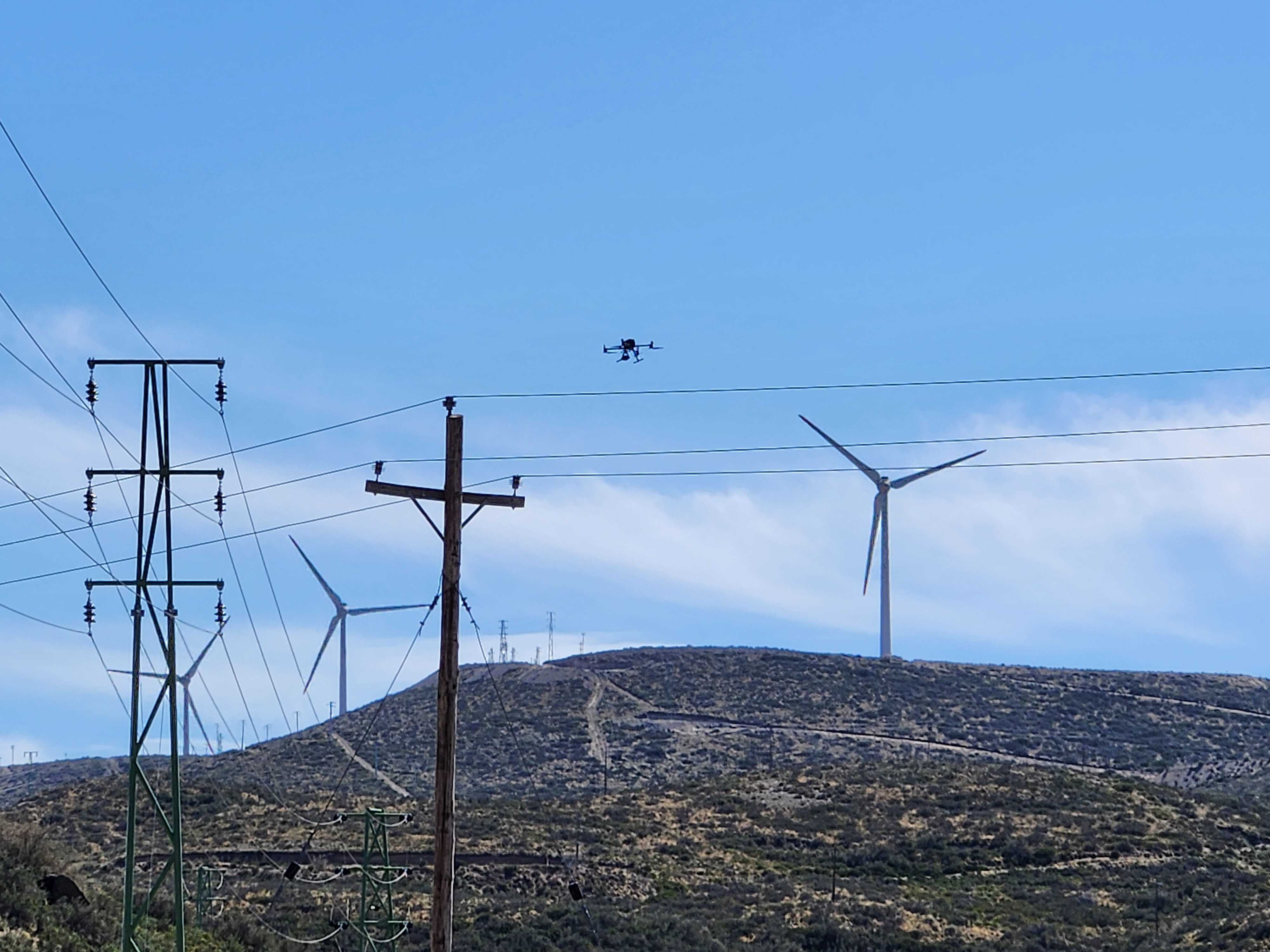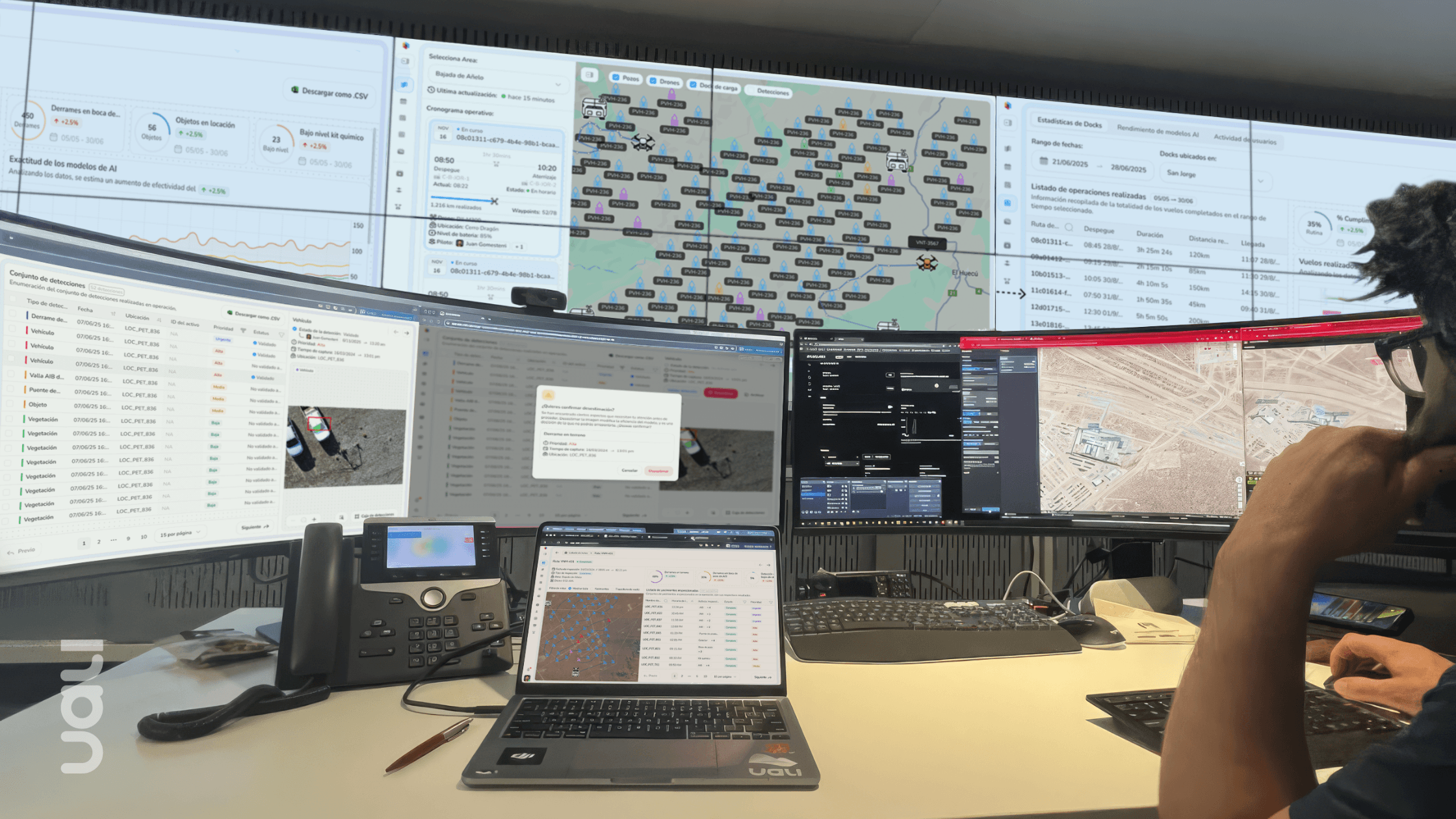News
How is artificial intelligence used for climate change?
Artificial Intelligence (AI) has the potential to play a significant role in addressing climate change in various ways. By using AI in climate modeling, we can gain a deeper understanding of changing climate patterns and project future scenarios with greater accuracy. Additionally, by optimizing renewable energies through intelligent algorithms, we can drive the adoption of clean energy sources and reduce reliance on fossil fuels.

AI also plays a fundamental role in energy management, allowing for significant waste reduction and more efficient resource usage. At the same time, carbon capture and storage benefit from AI by identifying optimal locations for these facilities and improving their performance, contributing to emissions reduction.
Some applications of artificial intelligence in Climate-Tech:
-
Climate modeling: AI is used in climate modeling to help us better understand how the climate is changing and predict future scenarios. AI can analyze large datasets to identify patterns and trends that human researchers might overlook. This helps us better understand the impacts of climate change on the environment, people, and the economy.
-
Optimization of renewable energies: AI is used to optimize renewable energy systems, such as wind and solar energy, to increase their efficiency and reduce costs. AI algorithms can predict climate patterns and adjust energy production accordingly, reducing waste and increasing reliability.
-
Energy management: AI is used in energy management systems to optimize energy usage and reduce waste. AI can analyze patterns in energy consumption and adjust usage accordingly, decreasing costs and carbon emissions.
-
Carbon capture and storage: AI is being used to develop more efficient and cost-effective carbon capture and storage technologies. AI can help identify optimal locations for carbon capture and storage facilities and develop algorithms to optimize their performance.
-
Climate change adaptation: AI is being used to develop tools that help communities adapt to the impacts of climate change, such as rising sea levels and extreme weather events. AI can be used to analyze satellite and sensor data to predict and track these events and provide early warning systems.
AI is driving a more comprehensive and holistic approach to combating climate change. Its ability to analyze large volumes of data, identify patterns, and continuously learn gives us the opportunity to make informed and strategic decisions in pursuit of a more sustainable and resilient future for our planet. Undoubtedly, the collaboration between AI technology and global efforts against climate change presents itself as a powerful and promising alliance that deserves to be vigorously fostered and supported, to address issues more effectively and efficiently.
At Uali, we accompany the energy evolution by combining robotics, IoT, and AI with the aim of providing valuable and timely information that favors decision-making in asset management, saving time, costs, and having a very positive impact on the environment. Get to know us!
Original note from https://omdena.com/blog/top-climate-tech-companies/
Amelia Bálsamo
CTO


